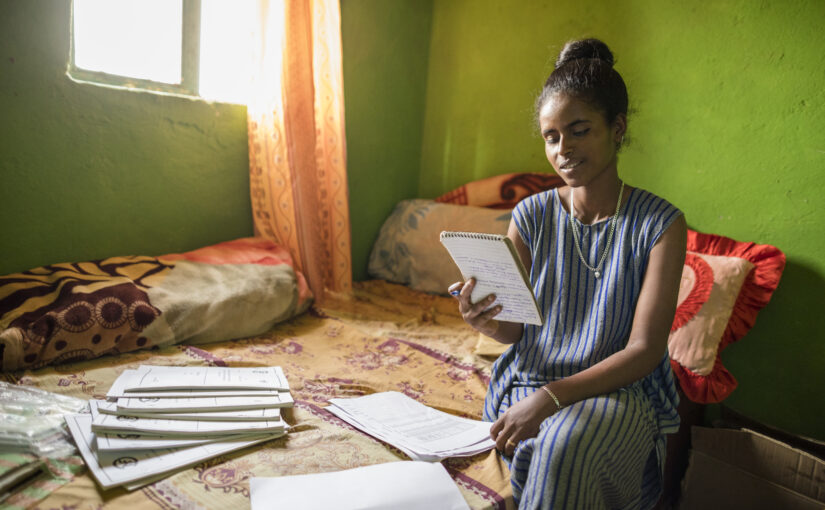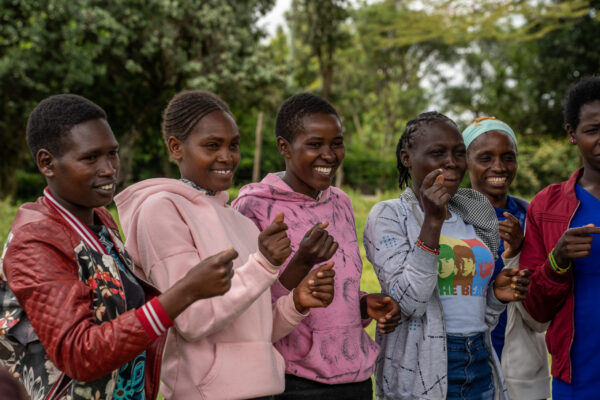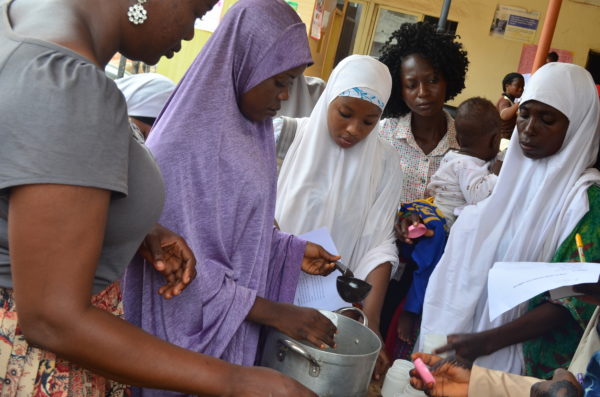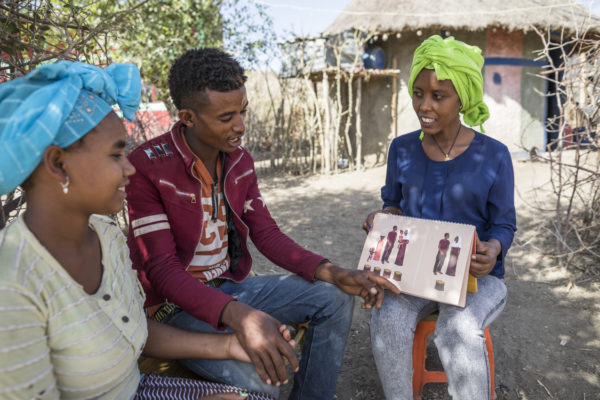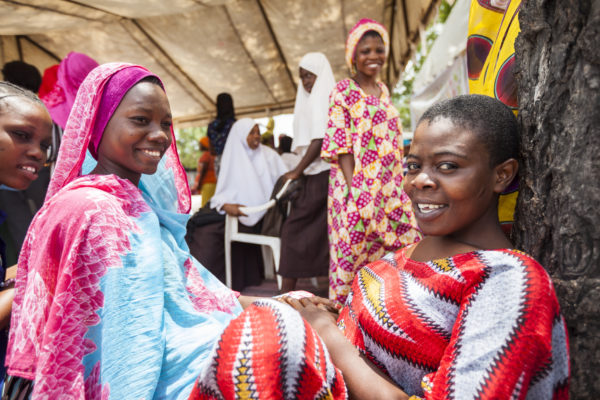A ROADMAP FOR INTEGRATING SMART START IN ETHIOPIA (RISE)
THE PILOT STUDY'S STRUCTURE
Looking to the Future
The rollout of DMPA-SC for self-inject in Ethiopia would give women and girls more autonomy and choice over their sexual and reproductive health needs. And as we continue to face COVID-19, ensuring women and girls have access to the contraceptive method of their choice is only more important. This pilot study on DMPA-SC for self-inject is one of many crucial steps being taken towards solving the challenges faced by Ethiopian women and girls who are not able to meet their contraceptive needs.
Moving forward, an introduction plan for DMPA-SC for self-inject and a national learning agenda will be co-developed with various stakeholders interested in promoting self-care and rollout of DMPA-SC for self-inject. PSI Ethiopia’s Youth Innovation Champions will also be engaged in the data analysis and development of the introduction plan. And as they create new opportunities to promote and scale-up self-care interventions like DMPA-SC for self-inject, we’re getting one step closer to a world in which every girl has access, privacy, safety and agency to make the informed health decisions she needs to live the life she wants.

